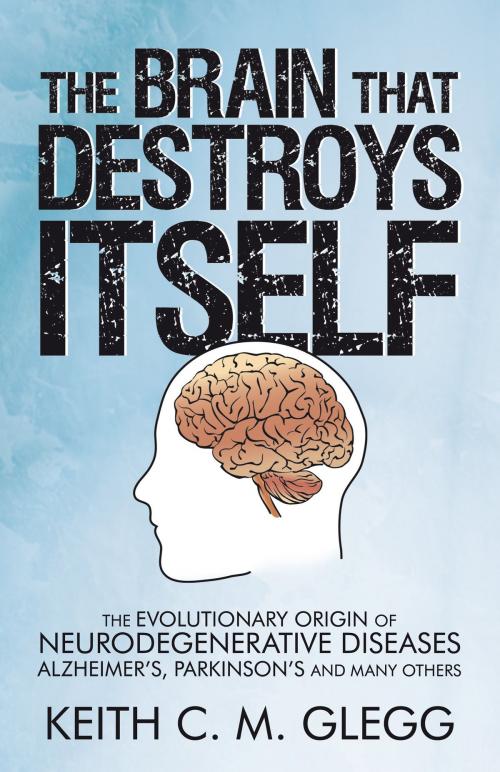The Brain That Destroys Itself
The Evolutionary Origin of Neurodegenerative Diseases Alzheimer's, Parkinson's and Many Others
Nonfiction, Science & Nature, Science, Biological Sciences| Author: | Keith C. M. Glegg | ISBN: | 9781450263306 |
| Publisher: | iUniverse | Publication: | November 4, 2010 |
| Imprint: | iUniverse | Language: | English |
| Author: | Keith C. M. Glegg |
| ISBN: | 9781450263306 |
| Publisher: | iUniverse |
| Publication: | November 4, 2010 |
| Imprint: | iUniverse |
| Language: | English |
Yes, there really is a brain that destroys itself. And its a brain just like the one in your head. But not every one of the brains like yours will ultimately destroy itself. However, if the destroying begins, then the signs of this are described in what neurologists take to be the symptoms of neurodegenerative diseases. Those most often encountered are Alzheimers and Parkinsons disease, but there are many otherssurprisingly many, as explained here. This is the first ever evolutionary explanation of these diseases, which sheds new light on their origin, basic nature, previously un-imagined enormous range, and why they so often have fatal consequences. Because of the disabling nature of many of these diseases, they often require the selfless devotion of a caregiverthe caregiver to whom the book is dedicated. The book is directed at the non-specialist, but will also be useful to the specialist.
Yes, there really is a brain that destroys itself. And its a brain just like the one in your head. But not every one of the brains like yours will ultimately destroy itself. However, if the destroying begins, then the signs of this are described in what neurologists take to be the symptoms of neurodegenerative diseases. Those most often encountered are Alzheimers and Parkinsons disease, but there are many otherssurprisingly many, as explained here. This is the first ever evolutionary explanation of these diseases, which sheds new light on their origin, basic nature, previously un-imagined enormous range, and why they so often have fatal consequences. Because of the disabling nature of many of these diseases, they often require the selfless devotion of a caregiverthe caregiver to whom the book is dedicated. The book is directed at the non-specialist, but will also be useful to the specialist.















